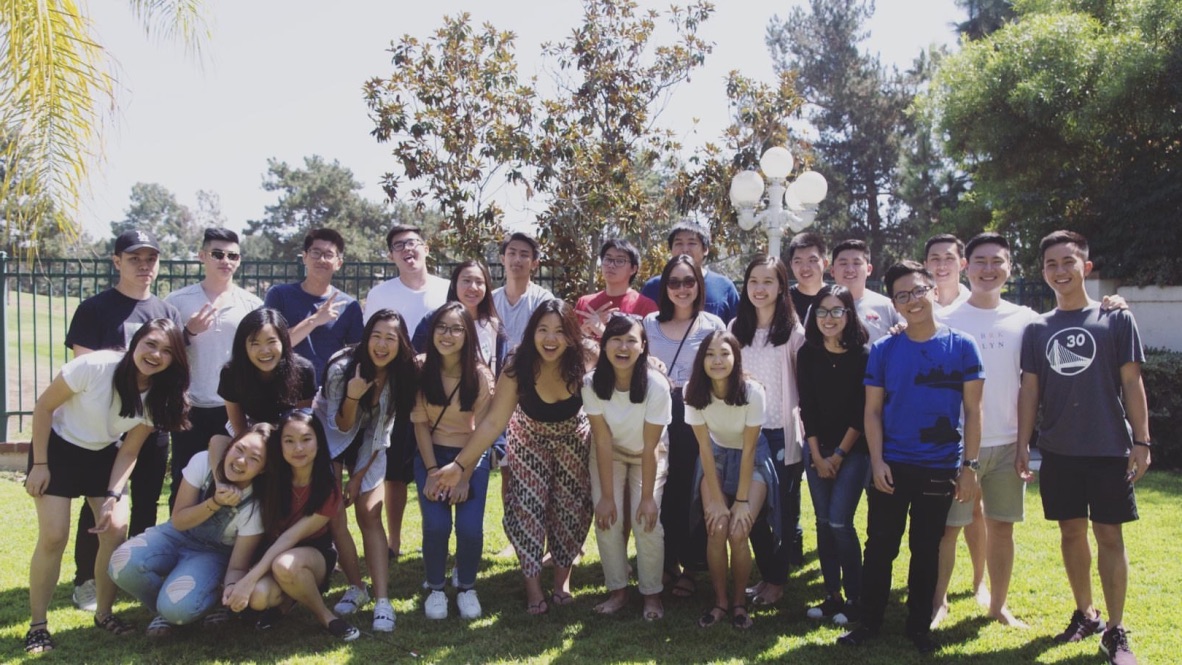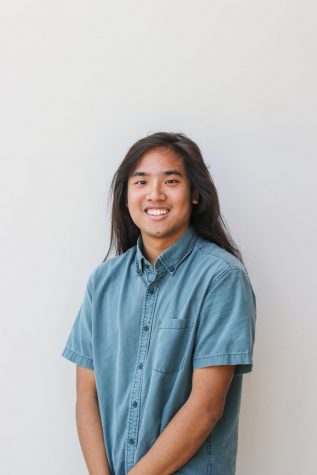(This story was originally published in print on Nov. 29, 2018)
I was raised by Indonesian immigrants in the predominantly white desert suburb of Murrieta, California, where I had little exposure to a real Indonesian community. Apart from attending family gatherings and being raised with a unique heritage, I was primarily surrounded by a white monocultural majority. My house was only one of two Asian American households on my block, and my sister and I were just two of the few Asian Americans in the schools we grew up in.
Gradually, our city diversified with growth, introducing me to new cultures to learn from, but according to a 2017 report from the U.S. Census Bureau, Murrieta was still 66.4 percent Caucasian, while Asians made up only 8.8 percent. Suffice to say, other than my own family, I hardly knew any other Indonesians in my life who shared the same culture, experiences or tastes that I did.
This certainly makes sense demographically because according to the Pew Research Center, in 2015, America had a relatively small Indonesian population of 113,000 compared to 4.9 million Chinese or 3.8 million Filipinos.
When I first transferred to Biola in 2017, I was surprised to meet more Indonesian people. My first roommate was now-junior business major Alden Rasilim, an international student from Jakarta, and as I wandered around campus, I was surprised to hear several students speaking Indonesian. As I continued to meet more Indonesian students, I have come to understand that Biola has a shockingly thriving Indonesian community, giving those students a second home here on campus.
COMFORTING COMMUNITY
Moving from another country can certainly be difficult. There are new cultures to adapt to and a new community to flourish in, but for Indonesian students coming to Biola, a community is already established. Biola has connections with a high school in Jakarta called Sekolah Pelita Harapan, an international school that sends many students to the university. President of the Biola Indonesian Student Association and senior journalism major Fiona Gandy appreciates the comfort this connection brings.
“I was raised in Indonesia, so I had no prior knowledge of American culture when I came here [and] I was very worried about making friends with American students,” Gandy said. “But at Biola, I knew about the growing Indonesian population, so that gave me a sense of comfort.”
This sense of comfort allowed Gandy to find a home away from home as she was able to connect with her own culture in a foreign land, giving her a community to eat comfort food, speak her native tongue and listen to regional music with.
Associate professor of sociology Nancy Yuen remarks that this sense of developing familiar community mirrors the behavior of immigrants who move to America. Although she says finding relatable cultural groups may not be a make-or-break factor when choosing a university to attend, limiting drastic changes allows for an easier transition into a new culture.
“Immigrants go to ethnic enclaves,” Yuen said. “Think about Chinatowns, Little Tokyos and Filipinotowns. They establish those because [of] language. Language is the predominant thing but also food and familiarity [with] other cultural things, because when you’re in a different world, you definitely want to limit the cognitive dissonance you’re going to experience in everything you’re doing… The community is added value.”
BISA EVENTS
Biola’s Indonesian community is very tight-knit and often spends time together through BISA sanctioned events, according to Gandy. They even have a massive messaging group that includes many Indonesian students, and even alumni.
“We have a WhatsApp group and every time there’s an Indonesian freshman, I always add them to this group,” Gandy said. “We always have welcome back parties and we have events and…for the girls, we have sisterhood events. So, creating places where we’re able to gather is the best way to foster relationships.”
A BISA staple event is the “Indo dinner,” which takes place every semester during Torrey or Missions Conference weekend where upwards of 50 Indonesian students gather together to connect and foster relationships.
“[Indo dinner] is really nice for community building,” said Lydia Batanghari, junior business major. “I was able to meet a lot of new Indonesians there, a lot of new Indo freshman. That’s the main reason I go to those, because I want to occasionally get in touch with my Indonesian roots.”
PERMIAS NASIONAL
While BISA seeks to connect Indonesian students here at Biola, another organization called PERMIAS Nasional seeks to connect Indonesian students with each other throughout the United States. PERMIAS stands for Persatuan Mahasiswa Indonesia di Amerika Serikat, which translates to Indonesian Student Associations of United States of America. According to its website, this non-profit organization has regional chapters like PERMIAS in Missouri, Los Angeles and throughout the nation, aiming to “foster a sense of unity and co-operation among Indonesian students as well as a forum for the development of a dynamic young generation.”
Dewa Parandita is the PERMIAS Nasional Chief of Staff and a sophomore at Temple University. For him, uniting Indonesian students ultimately serves to spread Indonesian culture throughout PERMIAS’ regional chapters.
“Each chapter always have [sic] either one or two events that enhance Indonesian culture by promoting dances or languages and musics,” Parandita said. “It’s also our minister’s project from Indonesia, that they want all Indonesian students to help them [promote] Indonesian culture.”
Although I have never had the cultural community that many Indonesian global students have, their efforts to cultivate a flourishing group on campus throughout the nation only opens doors for students everywhere to learn more about our unique culture.








